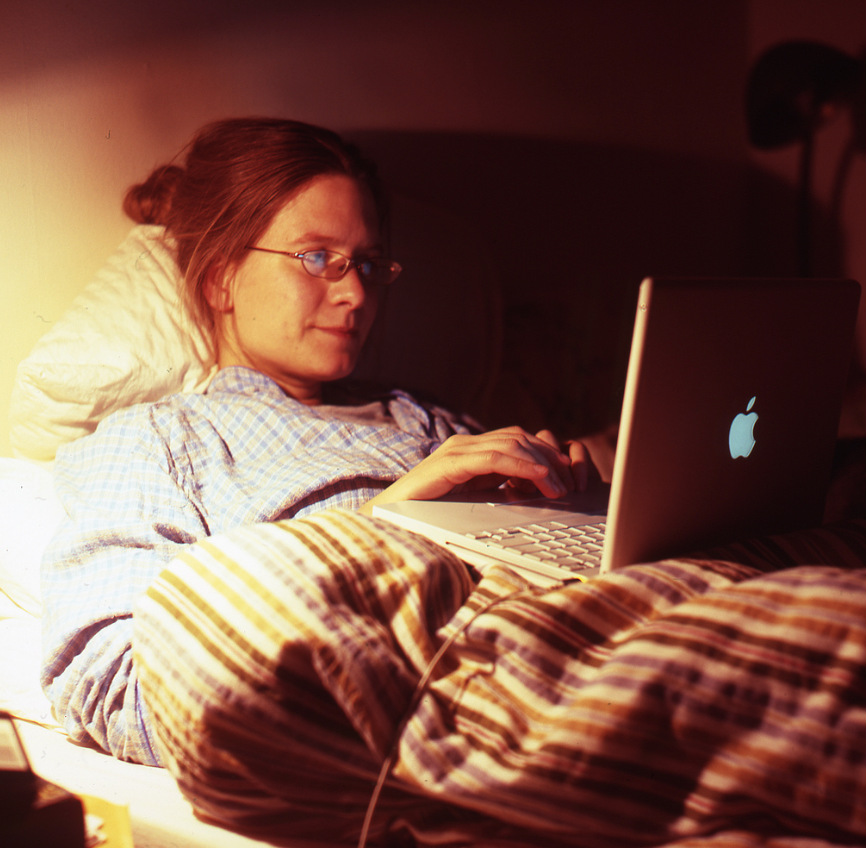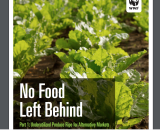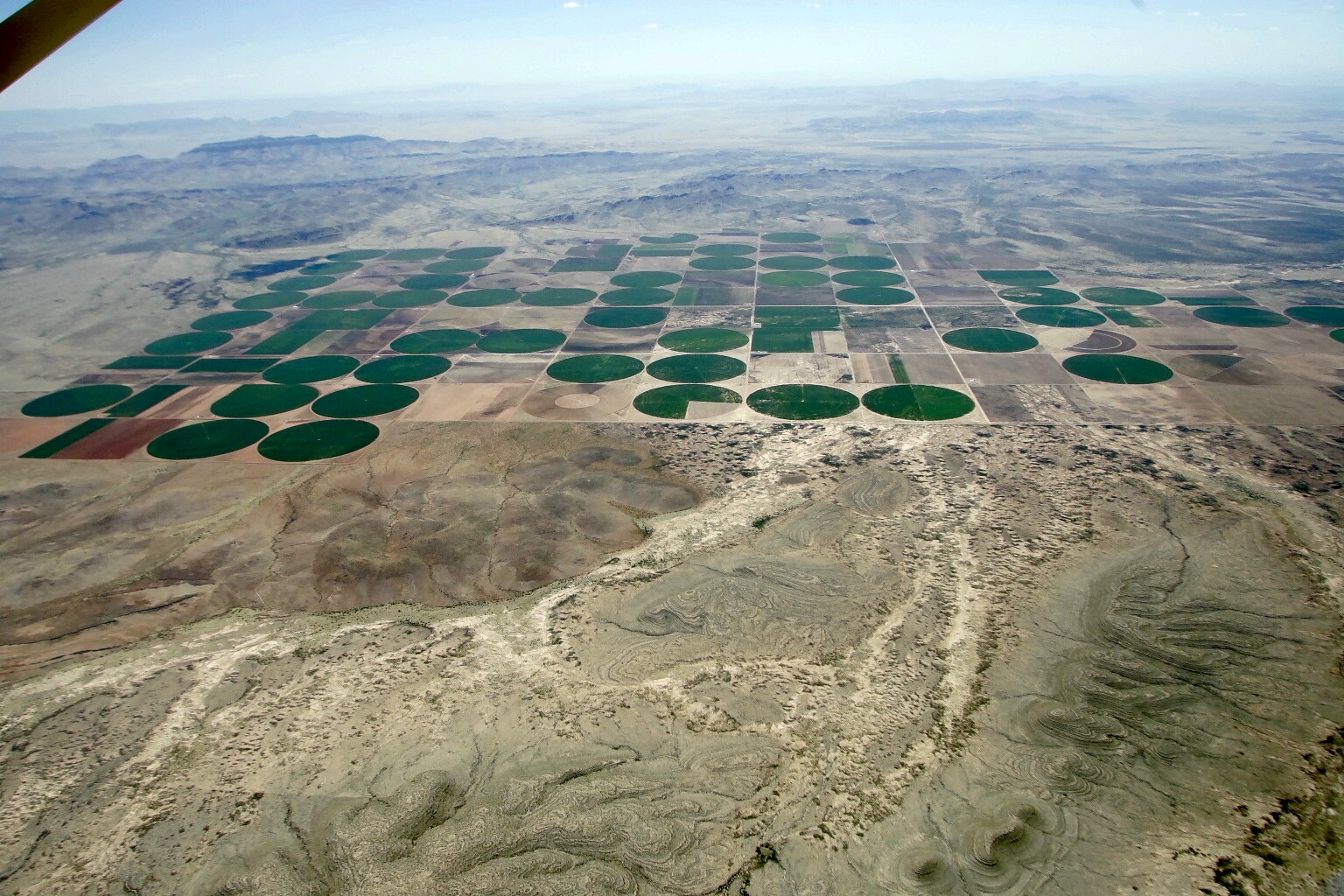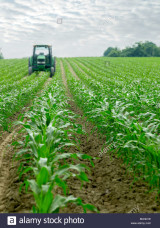 Birds of Spring, Habitat Preservation (start time: 3:08) It’s springtime, when many of us are woken up at the crack of dawn by a chorus of chickadees or other songbirds outside. To celebrate these emblems of spring, and World Migratory Bird Day (May 18), How On Earth’s Susan Moran interviews two bird/nature experts about the state of affairs for the North America bird population , including threats to their survival, efforts to preserve their habitats, and how we humans can get outside and appreciate the natural world while helping to give birds, insects and other wildlife a leg up. Terri Schulz is senior conservation ecologist at The Nature Conservancy Colorado, focusing on preserving habitats throughout Colorado. Dave Sutherland is a naturalist in Boulder who worked for many years as environmental education coordinator at the City of Boulder’s Open Space Mountain Parks. He leads frequent nature hikes.
Birds of Spring, Habitat Preservation (start time: 3:08) It’s springtime, when many of us are woken up at the crack of dawn by a chorus of chickadees or other songbirds outside. To celebrate these emblems of spring, and World Migratory Bird Day (May 18), How On Earth’s Susan Moran interviews two bird/nature experts about the state of affairs for the North America bird population , including threats to their survival, efforts to preserve their habitats, and how we humans can get outside and appreciate the natural world while helping to give birds, insects and other wildlife a leg up. Terri Schulz is senior conservation ecologist at The Nature Conservancy Colorado, focusing on preserving habitats throughout Colorado. Dave Sutherland is a naturalist in Boulder who worked for many years as environmental education coordinator at the City of Boulder’s Open Space Mountain Parks. He leads frequent nature hikes.
Host/Show Producer: Susan Moran
Engineer: Jackie Sedley
Executive Producer/Contributor: Shelley Schlender
Listen to the show here:
Podcast: Play in new window | Download (Duration: 27:31 — 32.6MB)
Subscribe: RSS




 This week’s How On Earth offers two features:
This week’s How On Earth offers two features: Fixing Food Waste (start time: 17:59) We’re all guilty of it: waste. Tossing out peaches, broccoli and other food that has gone bad in the fridge. Or leaving pasta on our plate untouched at an Italian bistro. More than one-third of all food that is produced in the United States is wasted – in the field, at restaurants, in our own kitchens. The conservation organization World Wildlife Fund recently published a report on the huge environmental and health impacts of food waste, and on what can be done to reduce waste, and ultimately preserve grasslands and other natural habitat. Monica McBride, manager of
Fixing Food Waste (start time: 17:59) We’re all guilty of it: waste. Tossing out peaches, broccoli and other food that has gone bad in the fridge. Or leaving pasta on our plate untouched at an Italian bistro. More than one-third of all food that is produced in the United States is wasted – in the field, at restaurants, in our own kitchens. The conservation organization World Wildlife Fund recently published a report on the huge environmental and health impacts of food waste, and on what can be done to reduce waste, and ultimately preserve grasslands and other natural habitat. Monica McBride, manager of 
